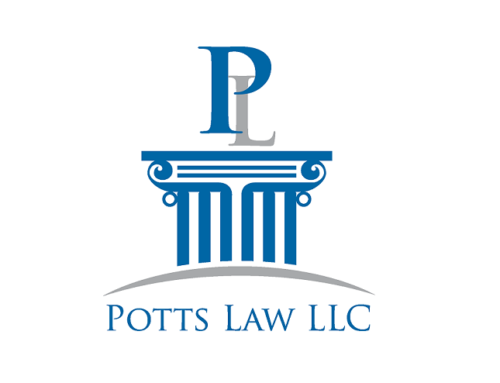Enjoy your St. Patrick’s Day and weekend but know DUI Law Enforcement Task Forces will be out in full force. Whether it’s a DUI Checkpoint or traffic infraction stop, if you’ve been drinking, you need to know how the process works and what a DUI checkpoint might look like. The Indiana DUI statutes can be found here : I.C. 9-30-5-1
If you are traveling on busy inner city streets this weekend and you come across what appears to be a traffic jam with several red and blue lights ahead and you see what appears to be several police cruisers near the road in a parking lot, including some oversized orange flashing construction signs reading “sobriety checkpoint ahead” chances are you are about to come face to face with an officer attempting to conduct a sobriety check on you.
It can be a common misconception to believe that you are better off not complying with law enforcement whatsoever when pulled over for a DUI investigation. In some rare circumstances this may be beneficial but for the most part it is better to be respectful and compliant. The officer will first approach you, and will be looking for a few immediate signs of intoxication. He will be looking for bloodshot eyes, slurred speech, and the smell of alcohol on your breath or person amongst other things. Generally speaking if one or any combination of these signs are noticed by the officer, (which typically will happen if you have been drinking), then he will have reasonable suspicion to to detain you while conducting a DUI investigation into possible intoxication. The DUI investigation will usually consist of the following:
1) a request to conduct standardized field sobriety tests or (SFST’s)
2) a request to conduct a portable breath test (PBT)
3) a reading of implied consent
4) and pending on your answer to 3) the administering of a chemical breath test or blood draw
Although you always have a right to refuse all aspects of the investigation including the PBT, SFST’s and the chemical breath test, if you do not consent to a chemical breath test you will have an automatic license suspension for a year or more if you have a prior. The caveat to such refusal is that the officer can and will likely request a warrant to obtain a blood sample whether you consent or not. The PBT and SFST’s can be refused without legal consequences other than the fact that the prosecutor will be able to use the implication of your refusal as evidence of intoxication at trial.
The better approach in most circumstances is to comply with the officers requests for a few different reasons. First, the result of the PBT will not be admissible at trial as such results are inherently unreliable. Second, the result of the PBT could in fact help you if it is lower than anticipated. Similarly, complying with SFST’s is also recommended in most circumstances. Not only are the specific legal requirements for administering such tests demanding on law enforcement via the National Highway Traffic Safety Administration (NHTSA) manual, the results of such tests could in fact help you in the long run if you were to pass some or all. Additionally, because law enforcement will likely end up obtaining your blood draw via a warrant if implied consent is refused, you might as well hold on to your ability to have your license and consent. There are avenues available if your license is suspended pending a DUI/OVWI to receive temporary driving privileges. This avenue is lost however if you refuse the chemical breath test pursuant to statute.
There are many things to consider when being investigated for drinking and driving, whether it be through a DUI Sobriety Checkpoint or a standard traffic infraction. The good news is that you do not need to face it alone. Potts Law LLC has the experience, dedication and creativity in defending DUI charges in Indiana. As a former prosecutor, Kevin Potts knows how to guide you through the process and has the ability to asses your case from both the State’s perspective as well as our own. If you have been charged with DUI/OVWI in Indiana, don’t wait, call Potts Law LLC today: 317-951-0087. For convenience, you can also fill out the online form.
Happy St. Patrick’s Day and stay safe out there!


